Should you buy a new, used, or refurbished laptop?
The pros and cons you need to know about before pulling the trigger on a device.
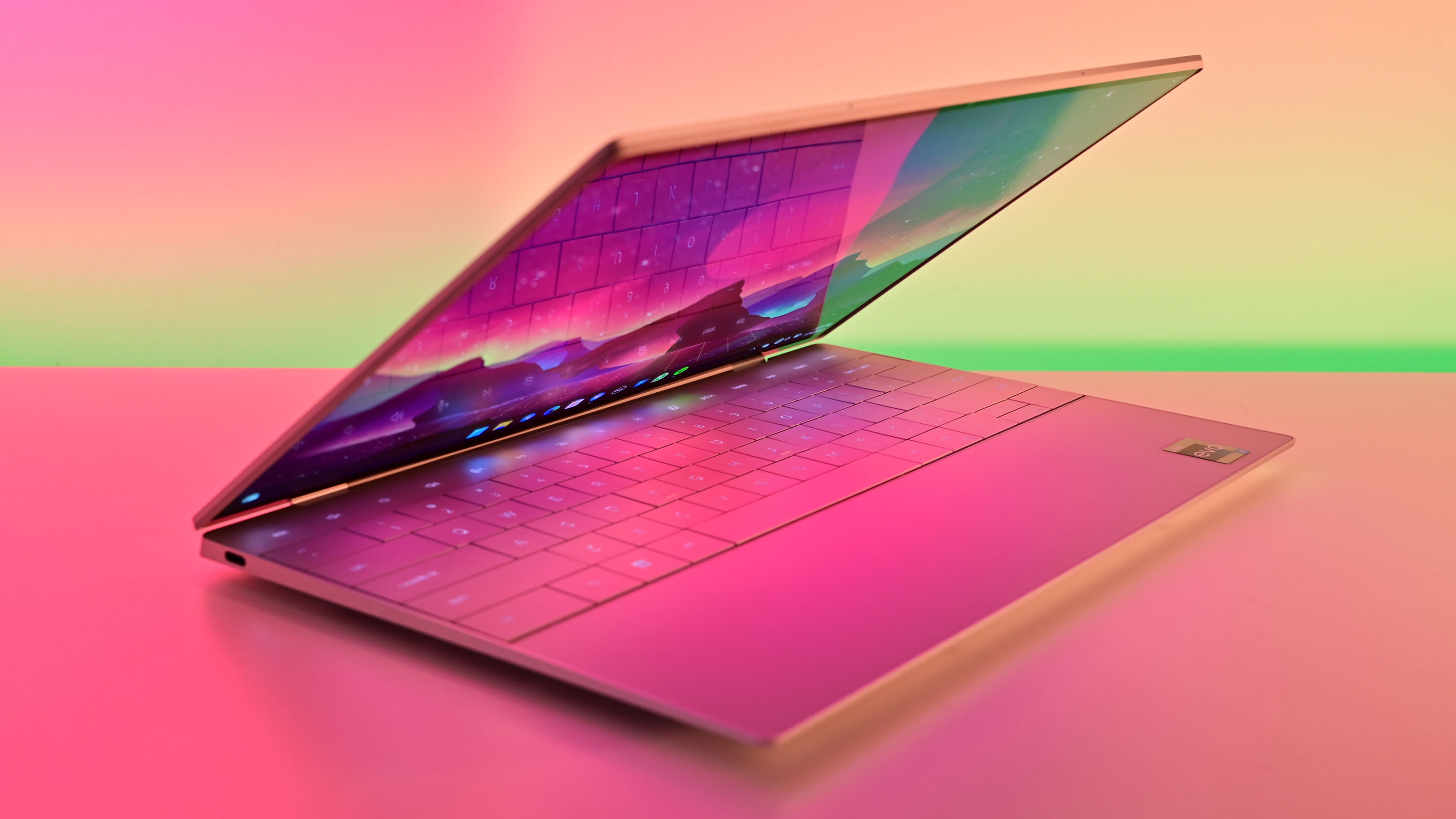
Should you wish to squeeze as much value out of your next laptop purchase, a refurbished or new option may appear rather enticing. While there can be some degree of risk involved with purchasing a used product, even from reputable retailers, we'll provide some helpful tips to ensure you're purchasing a laptop you'll be happy with.
In this guide, we'll go over everything you need to know about new, used, and refurbished systems so that you can make an informed decision when buying a Windows laptop. We'll also provide some helpful tips to ensure you're purchasing a laptop you'll ultimately be happy with.
Why buy new laptops?
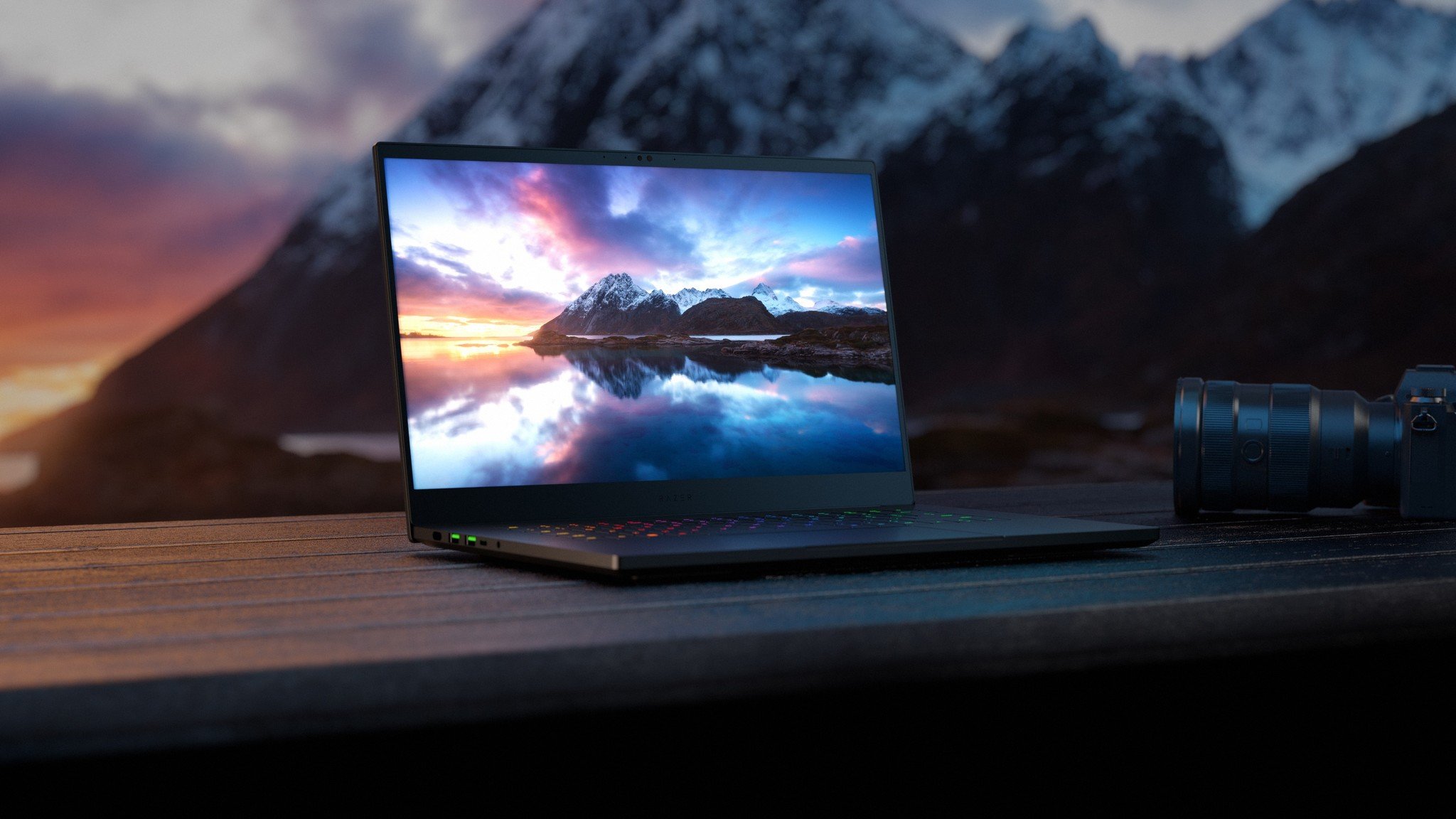
Buying a new laptop instead of a used or refurbished one is typically what many people default to doing, and there are several good reasons why. For one, choosing a new device ensures that you won't have to deal with any user-caused damages to the laptop. You also don't have to worry about battery degradation when buying new, which is an important consideration for folks that aren't always able to stay near a wall plug and need dependable battery life. You'll also be able to take advantage of the device's full warranty period, and in most cases, stock of specific laptops and configurations will also be more readily available compared to used and refurbished options.
The only real drawback of opting for a new system is that it will cost a fair amount more than used or refurbished equivalents do, which may be a problem if you're on a tight budget — especially if you're hoping to snag a premium device like the HP Spectre x360 16. And while sales and discounts can help offset this disadvantage somewhat, you'll still generally end up paying more by going with something fresh out of the factory.
Why buy used laptops?
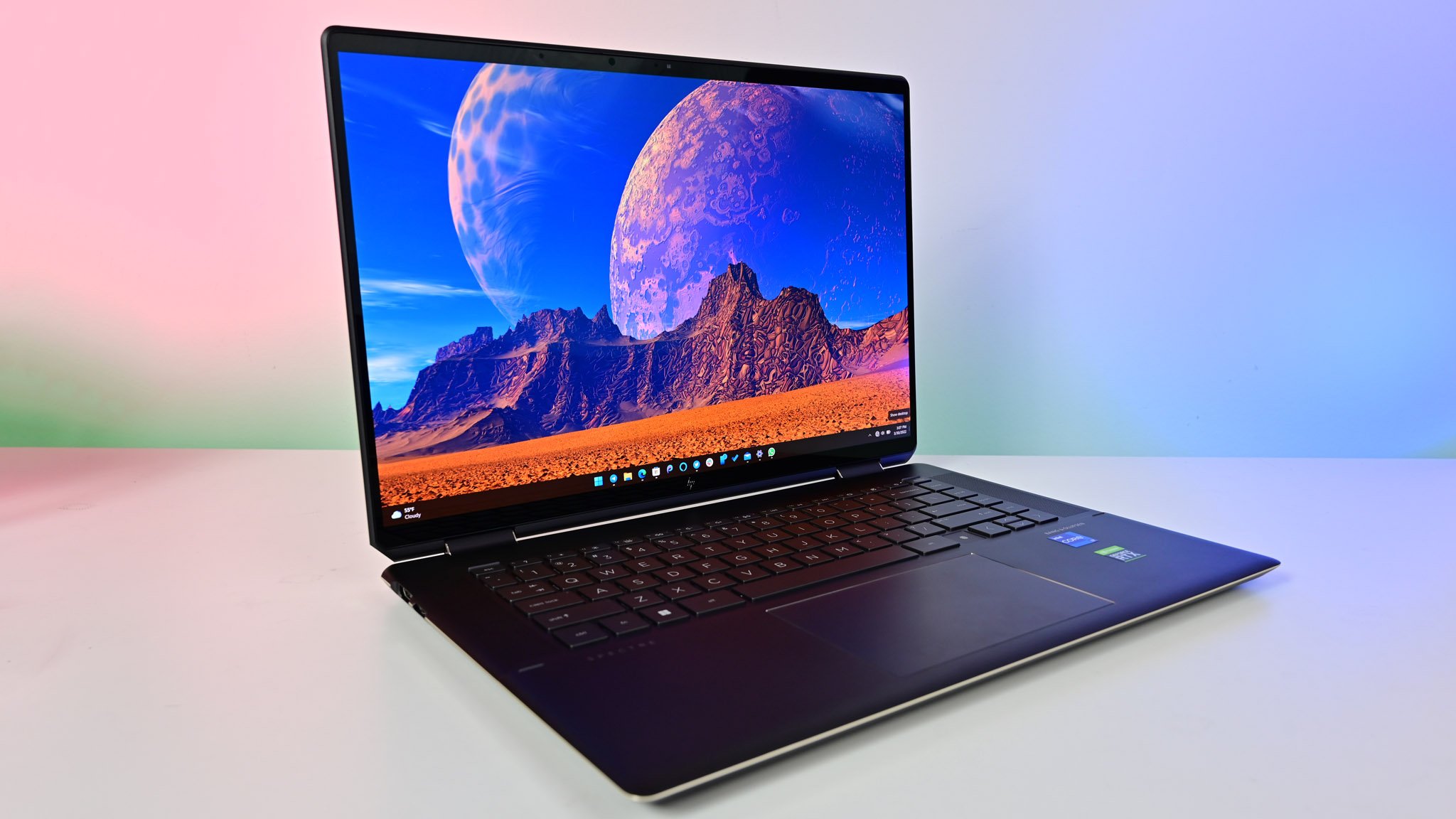
Choosing to buy a used device instead of a new one is best described as the high-risk, high-reward option. It's almost always the most affordable way to get your hands on a laptop, but since there isn't any official quality assurance with consumer-to-consumer purchases, the device's chassis or components might be damaged. Since the machine has also been, well, used before, you might have to contend with a worn-down battery and/or a short (or non-existent) warranty.
Notably, there generally aren't many cutting edge laptops available used, so you'll probably have to settle for something a year or two old (a good example being older models of the Acer Spin 5, which recently got a new design refresh). Specific spec configurations might be tough to find as well, so keep that in mind.
Overall, buying used can be tricky, but there are some things you can do to mitigate the risks and make sure you're getting a reliable and dependable system. Here are the tips and strategies we recommend:
Get the Windows Central Newsletter
All the latest news, reviews, and guides for Windows and Xbox diehards.
- If the marketplace you're buying a used laptop from has seller ratings, try and stick to buying from sellers that have a strong positive reputation.
- If the listing has photos of the laptop taken by the seller, look through them and keep an eye out for physical damage.
- Check the description of the listing for information about when the laptop was purchased, when it was first used, reports about the device's condition, and more. Try to contact the seller for this information if it isn't listed.
- Check for information about any warranties, as well as what's covered by them.
- Consider using a credit card to pay for used laptops.
- If you buy it, check the laptop right away for any defects that weren't listed by the seller. This includes opening up the devices to have a peek inside.
- Check return policies and keep them in mind if you experience a problem with the device.
What about refurbished laptops?
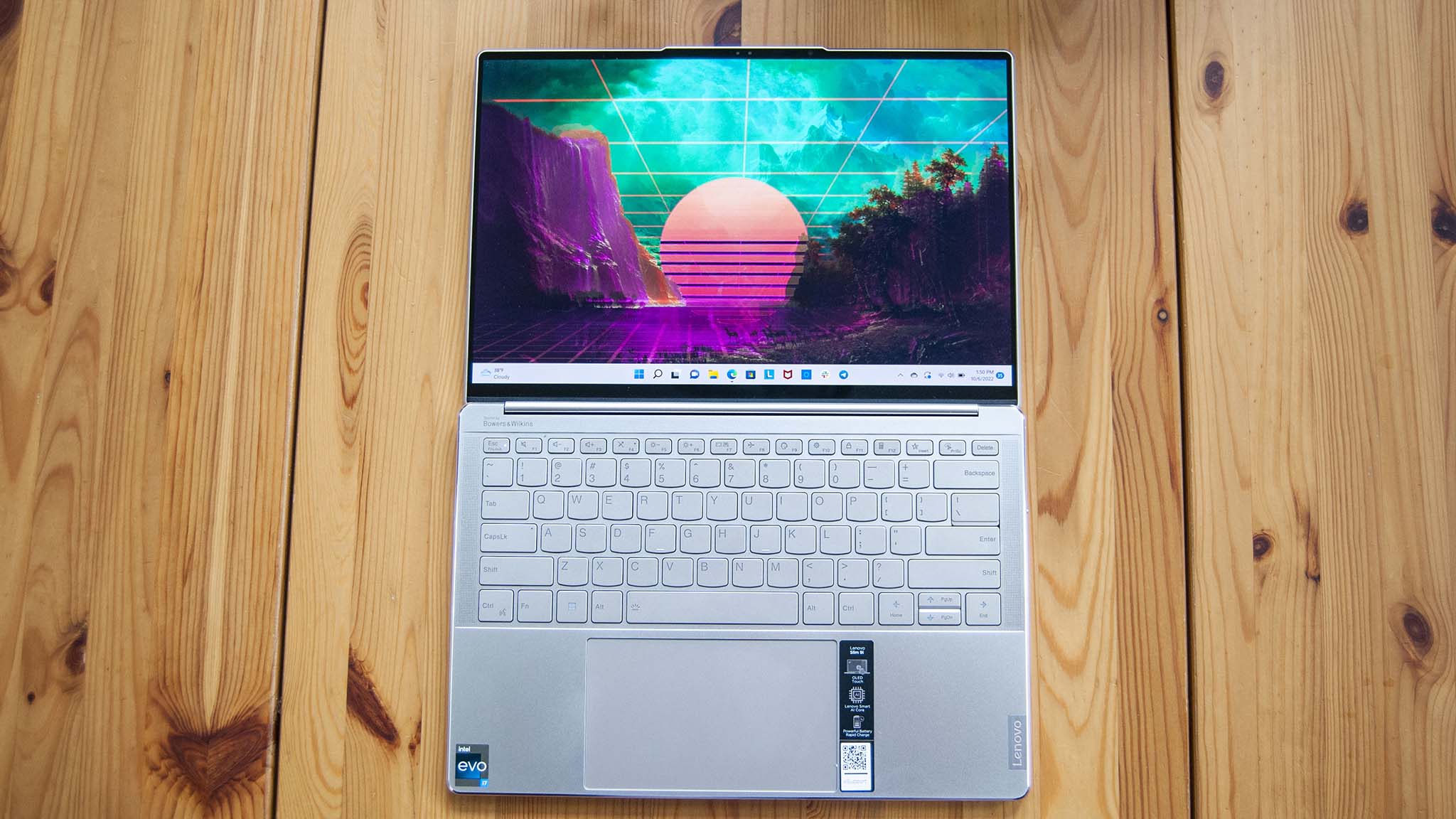
If a brand new device isn't a good fit for you but you don't want to deal with the risks of buying a used one, consider going with a refurbished (sometimes referred to as recertified) laptop. These exist as a middle ground offering, as they're usually not as affordable as used systems, but are thoroughly inspected and restored as much as possible by the device's manufacturers. This guarantees that they'll be in good working order, and while the condition won't be as good as a brand new laptop, you're still getting a nice discount.
The downside to going with a refurbished laptop is that depending on when you're looking to buy, the specific system with the specific hardware configuration you want may not be available. With that said, it's often easier to find newer devices like the Dell XPS 13 Plus for sale refurbished than it is to find them used, as manufacturers generally try to get pre-owned products returned to them back on the market quickly.
To help customers find the laptop they're looking for, several manufacturers have created outlets where potential buyers can look through their available refurbished devices. We've listed links to several of these outlets below:
Which type should you buy?
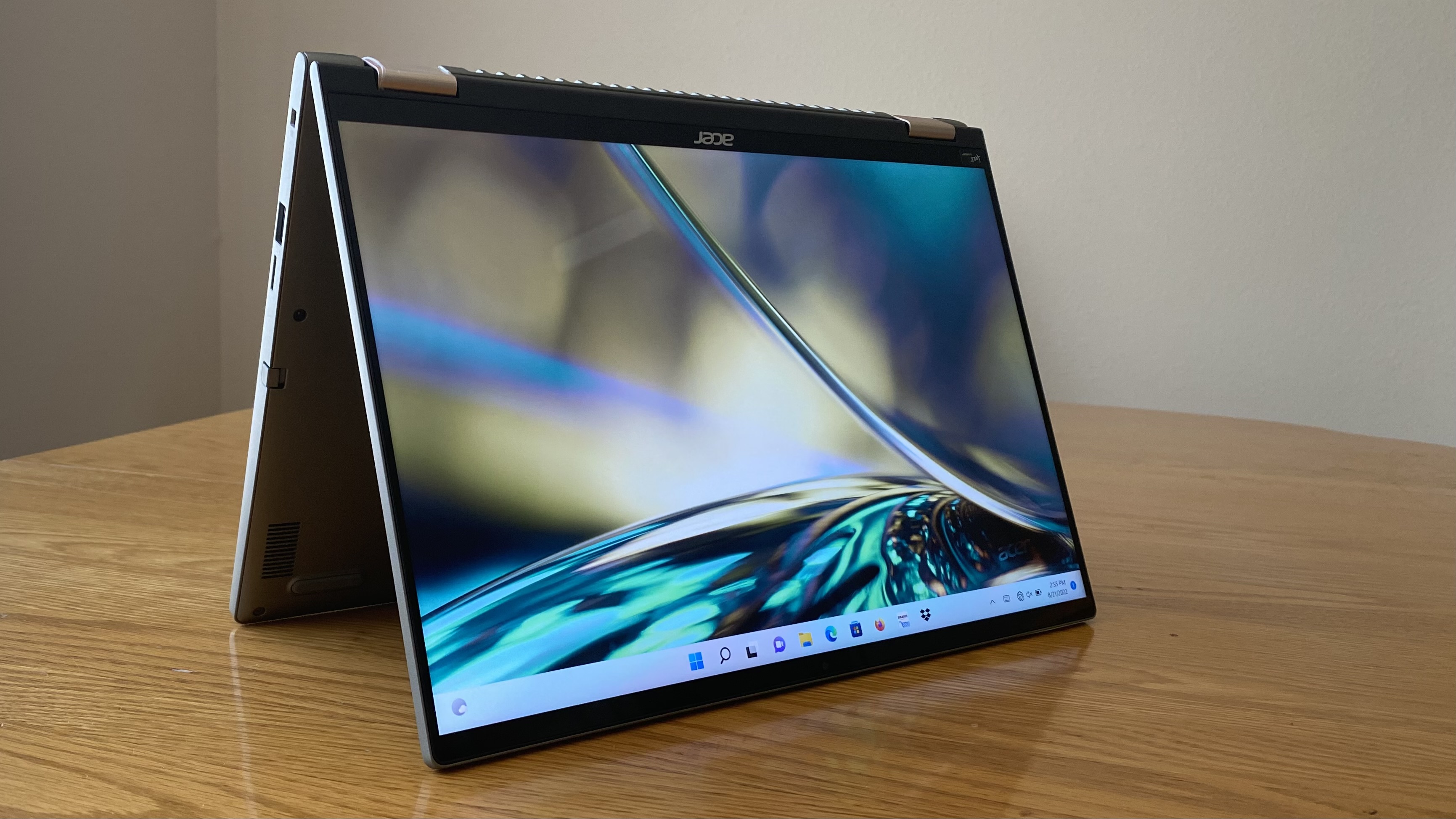
Ultimately, all three types of laptops are worth considering, but depending on what you need out of your purchase, there are some clear winners. Here's a quick recap of the main pros and cons of buying used and refurbished laptops compared to new ones:
- New: Buying new is the priciest option, but it's also the safest since you'll be the first to use the laptop with a full warranty.
- Used: These are the most affordable, but without quality assurance or guarantees, you're relying solely on the word of the seller. Look over listings closely and do research before pulling the trigger on these.
- Refurbished: These PCs are discounted by manufacturers and retailers with good quality assurance. They are usually covered by at least a limited warranty, and are between new and used devices in terms of price.
Overall, we recommend most people to either buy new or get something refurbished since you don't need to worry about quality assurance issues and can still get a decent price with sales and discounts. With that said, buying used can be great too, especially if you're getting a laptop from a seller with great reviews and a history of trustworthy transactions.

Rich Edmonds was formerly a Senior Editor of PC hardware at Windows Central, covering everything related to PC components and NAS. He's been involved in technology for more than a decade and knows a thing or two about the magic inside a PC chassis. You can follow him on Twitter at @RichEdmonds.
